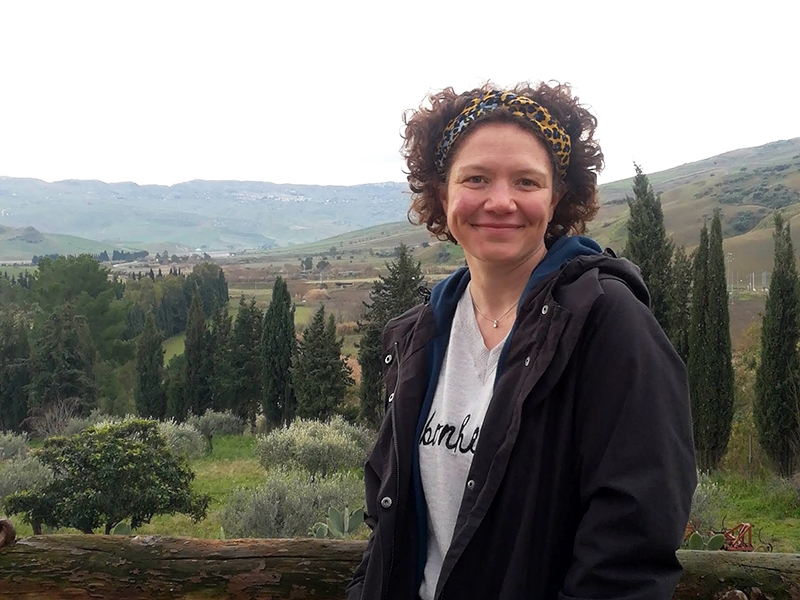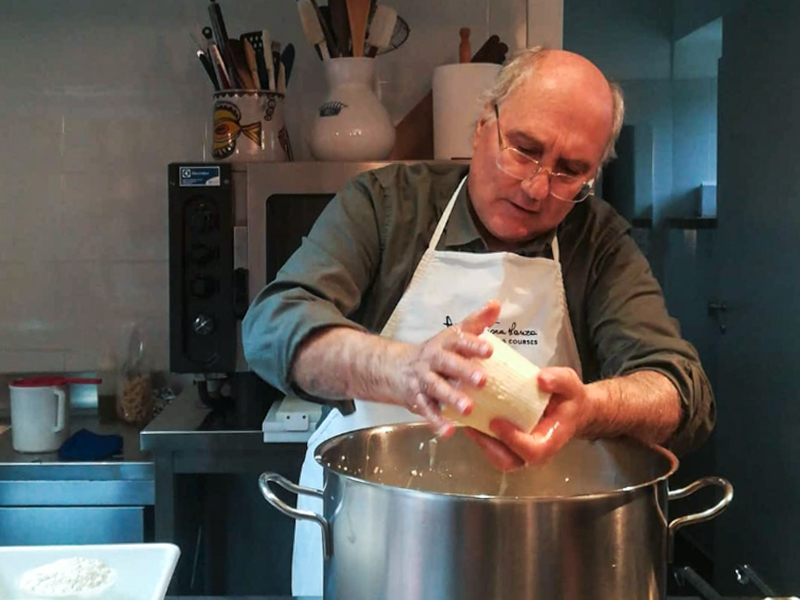Staff & Instructors
Cook the Farm Winter Session is led by Fabrizia Lanza and Program Director Francesca Farris with the help of Anna Tasca Lanza staff and involves an ever-changing group of guest presenters coming from around Europe.

Nikki Welch
The Science of Taste
CTF 2018 | 2019 | 2020 | 2022 | 2023 | 2024 | 2025
Nikki Welch is a UK based wine and flavour specialist. The ultimate anti-snob, her wine career started straight out of university and encompassed working with producers and brands from around the world and selling them to UK supermarkets and independents. Her passion is translating the often geeky world of wine into something more palatable and fun for the everyday drinker, and the combination of her MSc in Gastronomy and wine experience led to the WineTubeMap, a visual way of exploring wine, organised by flavour. The creation of the WineTubeMap has led to an interest in other similar products including whisky (a non-negotiable in her adopted home of Edinburgh), and so, in collaboration, the WhiskyTubeMap was born. Nikki continues to explore the world of flavour maps (beer, cheese and cocktails currently on the list) and writes about her favourite topic, wine and connecting people.

Sarah Wolferstan
Olive Oil + Cultural Heritage
CTF 2020 | 2022 | 2023 | 2024 | 2025
Born in Canada but brought up in the UK, Sarah has been a fan of Italy and its culture for over 20 years since she first visited as an archaeology student. After over a decade building a career in Cultural Heritage in London, in 2015 she applied and was awarded an European Union's Erasmus for Young Entrepreneur (EYE) grant, left her job and moved with her young family to spend 6 months in her husband's home town in central Sicily. The plan: to immerse herself in olive oil culture. On returning to the UK in 2015, Sarah set up Alivu, a Limited Company, to import the family's oil. In 2016 she won a prize for best young Entrepreneur UK for her first year of trading.
This new venture builds on 16 years working in Cultural Heritage, Archaeological Heritage Management, international development and environmental sustainability for international organisations, European agencies and NGOs. Sarah has also taught on Cultural Heritage and Heritage Management MA courses at London's Institute of Archaeology, has been a speaker at international conferences and working groups on archaeology, conservation and heritage, and taken part in a Focus Group on New Entrants to Farming, an EU research programme.
Sarah's academic background includes a BA Hons degree in Archaeology and Anthropology from Cambridge University (1999) and an MA in Cultural Heritage Studies from University College London (2005). She has published several articles on community experiences of heritage reconstruction in post-conflict Kosovo and the Council of Europe's Framework Convention on the Value of Cultural Heritage for Society. This work underlines her interest in the uses of the past in the present.
As well as selling Alivu's EVOO, she is building her reputation as a taster and reviewer of Extra Virgin Olive Oil, acts as a consultant for heritage organisations, and is studying for a qualification in Horticulture. In her spare time she volunteers with a local garden, the town museum, and is also helping to set up a community orchard, not to mention raising a young family.

Livio Tognon
Vine Pruning Systems
CTF 2016 | 2017 | 2018 | 2019 | 2020 | 2022 | 2023 | 2024
Livio Tognon is part of the Simonit & Sirch Pruning Guys team, a group that works with vineyards around Italy. We are a Team of 20 technicians engaged in training the new generation of winegrower. Since 2003, we are committed to rediscover pruning as craftsmanship. We propose training courses, complemented by outreach activities. We are persuaded our pruning method is ideal for training old and new pruners. We propose a modern cutting technique to pruners, which avoids the serious consequences of pruning cuts, and works against the deterioration of the vineyards.

Rina Poletti
Northern pasta making - Emilia Romagna traditions
CTF 2019 | 2020 | 2022 | 2023 | 2024 | 2025
A professional pasta maker and teacher of local cuisine since 1979, she’s now dedicated to teaching the ancient art of the “rolling pin” to make fresh pasta dough. She brings a big smile and tons of energy to the kitchen, where she walks students through Emilia Romagna pasta favorites like tortellini, tagliatelle and lasagna. She started the non-profit Missione Mattarello to help those affected by recent earthquakes with fresh pasta benefit dinners.

Giacomo Gatì
Cheese Making and Pastures
CTF 2016 | 2017 | 2018 | 2019 | 2020 | 2022 | 2023 | 2024 | 2025
Giacomo Gatì produces exceptional goat cheeses in a small dairy in Campobello where he raises the autochthonous goat race, Capra Girgentana. This breed used to be quite popular in Sicily, yet the population dwindled as it was replaced by more productive breeds. Today, thanks to the passion and commitment of Giacomo, these last farmers have found reason to preserve this breed: Gatì has allowed them to find an outlet for the production of milk. The animals are raised on pasture with a small integration of beans, barley, oats and the ever-present carobs. In addition to buying milk from other breeders, Giacomo and his wife Nina also breed around thirty goats and produce various types of goats. He’s famous for using natural rennets in his cheese and recovering an ancient method of conservation whose memory had been lost: the tumaammucciata, a technique that uses liquid plaster for slow maturation in summer months and comes from the tradition of hiding fresh cheese in cracks of the walls built in plaster and stone.

Mary Taylor & Natalia Simeti
Wine Maker
CTF 2019 | 2020 | 2022 | 2023 | 2024 | 2025
Mary Taylor Simeti was born and brought up in New York City. In 1962 she went to Sicily, where she married and raised two children. Her books are the acclaimed Sicilian Food, On Persephone’s Island, Travels with a Medieval Queen and Bitter Almonds with Maria Grammatico. A respected food writer who occasionally contributes to the New York Times, Mary lives in Sicily with her husband Tonino. Her daughter, Natalia, now runs the family farm in Alcamo where they make wine, vinegar and grow fruit and vegetables. She has a degree in Cultural Heritage Conservation and a Master in Museology. She worked in museums and as an art historian before turning going full time to the farm.

Carlo Amodeo
The Black Bee of Sicily
CTF 2016 | 2017 | 2018 | 2019 | 2020 | 2022 | 2023 | 2025
Carlo came across beekeeping almost by accident: he never imagined that passion and taste would shape his future, yet he’s always loved honey and the world of the bees. Years ago he wanted to try to keep hives himself...and from there he now has a business with around 1,500 hives. He’s now considered an expert honey maker and personally responsible for bringing back from almost extinction Sicily’s black honey bee. The processing plant is in the country, near the park of San Calogero, yet they keep hives all over Sicily to produce various types of monofloral honeys.

Francesca Paternoster
Mieli Thun: Nomadic Beekeeping
CTF 2020 | 2022 | 2023 | 2024
Francesca Paternoster, daughter of Andrea, lover of nature and good food; true to the philosophy handed down from her father, like flower bees, together with her sister Elena, carries on her father's intangible inheritance and his great-grandfather’s, continuing to promote honey as a transversal and pure food. Mieli Thun is a nomadic beekeeping organization. They move beehives all over the country to get Italian honey representatives of each territory. They are a team full of enthusiasm for an ambitious project: the honey renaissance.

Emmanuele Cottone
Butchering the whole animal
CTF 2018 | 2019 | 2020 | 2022
Emmanuele is widely regarded as the best butcher in Palermo and is known for his choice and cuts of beef at Macelleria Cottone. He has a varied and excellent selection of cured meats as well as famous for hand sliced salami. He uses butchering techniques from all over Europe but is primarily Sicilian in scope. He does not raise his own animals yet works closely with farmers to choose and specify the breeds and conditions of his meat.

Danny McCubbin
The Good Kitchen
CTF 2022 | 2023
Danny McCubbin worked for the chef and campaigner for Jamie Oliver in London for 17 years. He spent the majority of his time promoting food-focused social enterprises and helping diverse businesses create social value, with the belief that food has the power to transform lives. In December 2020, he moved to a remote town in Sicily called Mussomeli. At the end of July 2021, he launched The Good Kitchen in an old shop front in the town square. Every week, he rescues surplus food from the markets and uses that food to cook for vulnerable people in the town. Organically, Danny has created this community of volunteers who work to make meals for elders, relocated refugee families, and community projects.

Rachel Roddy
The Language of Food
CTF 2019 | 2020 | 2022 | 2024 | 2025
Rachel Roddy was born in Southampton in 1972 but grew up in London. Trained as an actress she moved to Rome in 2005 where she began writing, mostly about food, on her blog Racheleats. Her first book, Five Quarters was published in 2015 and won both the André Simon Food Book Award and The Guild of Foodwriters First Book Award. Her second book Two Kitchens was published in 2017. She has written for The Financial Times, The Telegraph, Conde Nast Travel, Eater, National Geographic and has an award winning weekly column in The Guardian called Notes from an Italian kitchen. She lives in Rome with her Sicilian partner and son.
Gianfranco Marrone
Meat, Death + Semiotics
CTF 2019 | 2020 | 2022 | 2024
Gianfranco Marrone is a full time Professor of Semiotics in the Department of Cultures & Society at the University of Palermo, Italy. He teaches Semiotics of Food at the University of Pollenzo, and Semiotics at IULM (Milan). He has also lectured in many other universities such as Bologna and Milan (Italy), Limoges (France), São Paulo (Brazil), Bogotà (Colombia), Meknès (Maroc), and Jyväskylä (Finland). His research interests include mass-media studies, aesthetics as well as literary theory from a semiotic perspective. His research in the field of semio-aesthetics primarily deals with the nexus between signification/perception. His most recent work has made an innovative contribution to the field of socio-semiotics applied to food, brand, cities, journalism, space, politics, advertising, fashion, and TV.
ANNA TASCA LANZA COOKING SCHOOL
Contrada Regaleali, Case Vecchie
NEWSLETTER
Subscribe and enjoy the news
© 2022 Fabrizia Lanza SRL. Tutti i diritti riservati | VAT ID 05910920825 | Privacy Policy | Terms and Conditions | Jobs
Web design Studio Forward


